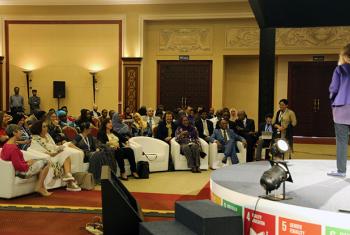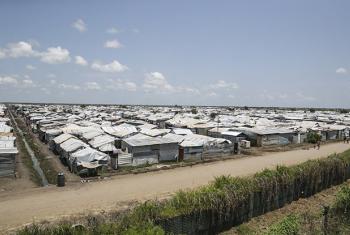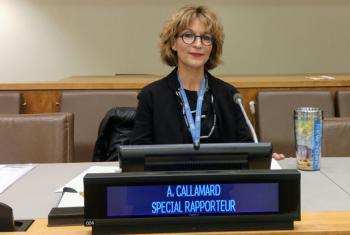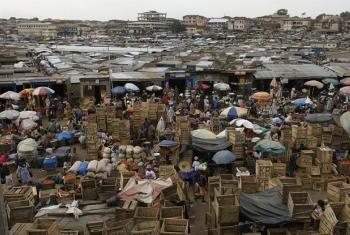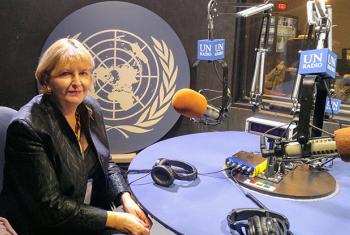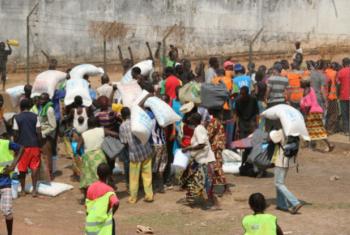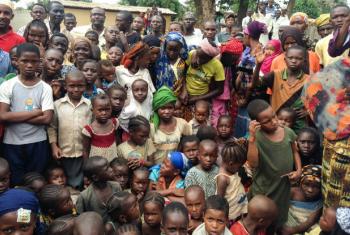South Sudan peacekeepers aim to reach “more vulnerable people”
Peacekeepers with the UN Mission in South Sudan (UNMISS) are aiming to reach more vulnerable civilians in more remote parts of the country.
It’s part of a more “nimble and proactive” approach that’s being spearheaded by UNMISS chief, David Shearer.
On Wednesday he was in Akobo, near the Ethiopian border, where around 71,000 displaced people are living after fleeing fighting between government and opposition forces.


